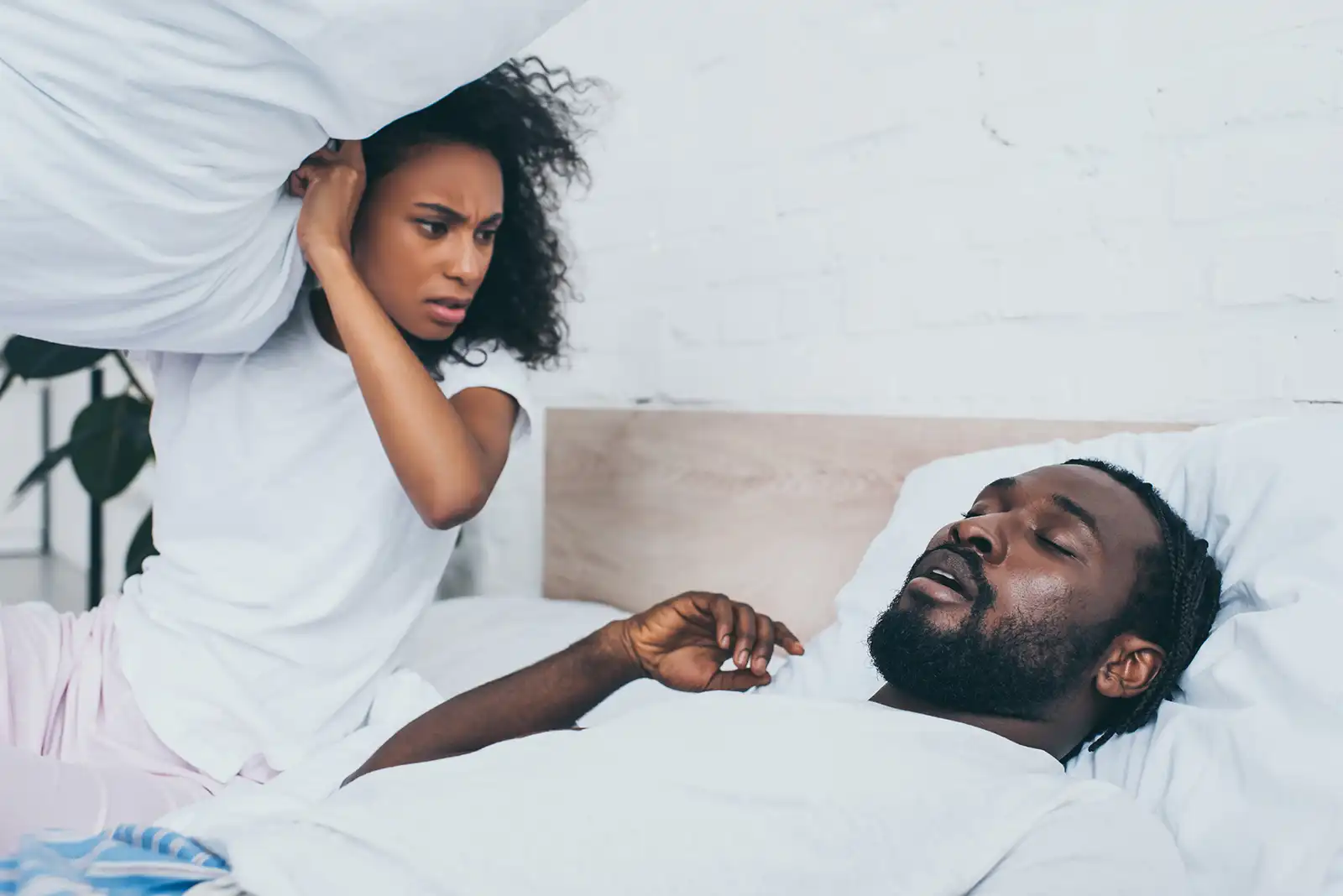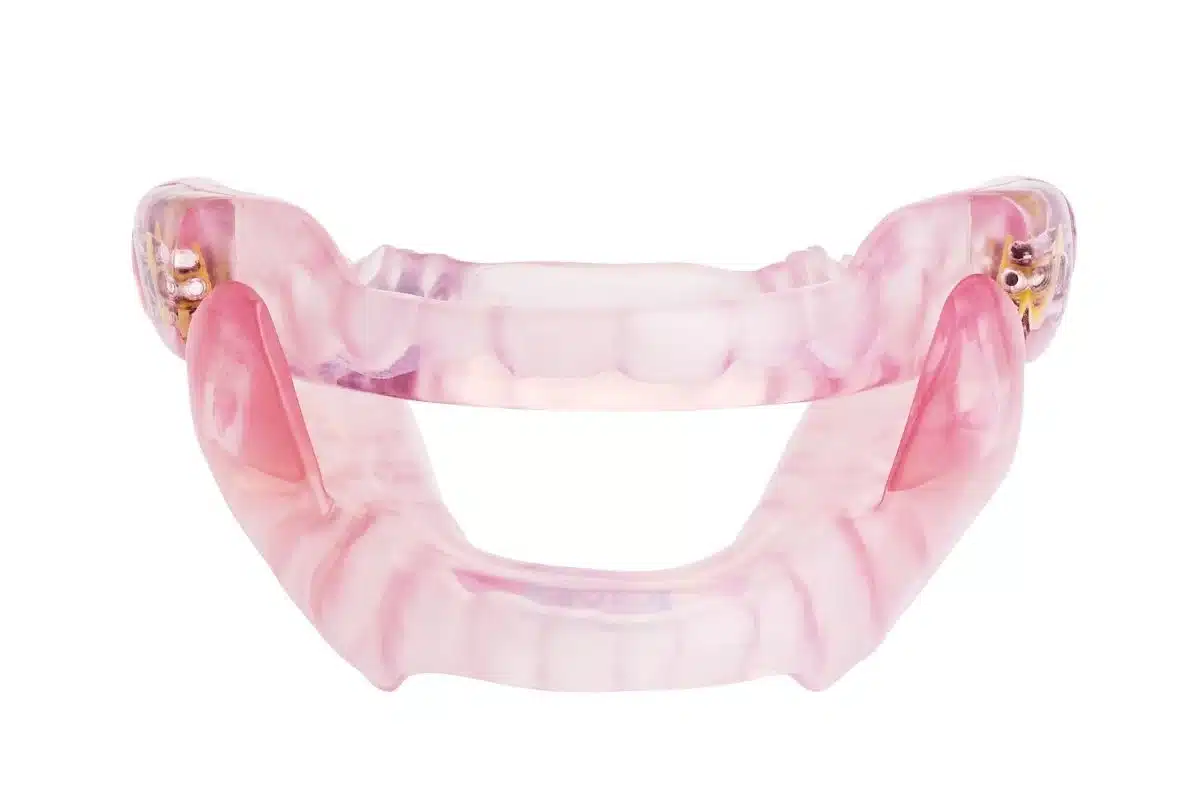
As a dentist who specializes in treatments for sleep apnea and snoring, I've worked with many patients looking for a more comfortable and affordable alternative to traditional CPAP therapy.

Continuous Positive Airway Pressure (CPAP) therapy has been a cornerstone in treating sleep apnea for some time now. CPAP treatment involves wearing a mask over your nose and/or mouth that is connected to a machine that delivers a constant stream of air. This constant stream of air is designed to keep your airway open while you sleep. While CPAP can be effective, many patients find it challenging to adapt due to discomfort and noise. This is where oral devices come into play.
Oral devices for apnea, also known as mandibular advancement devices (MADs) or mandibular repositioning devices (MRDs), are a non-invasive alternative to CPAP therapy. These custom-made devices resemble mouthguards or retainers and are designed to be worn during sleep. The primary function of these devices is to reposition the lower jaw and tongue slightly forward, which helps to keep the airway open and prevent the collapse that causes snoring and apnea.
Oral devices are a suitable option for individuals with mild to moderate obstructive sleep apnea (OSA) and those who experience disruptive snoring. However, it is crucial to determine your specific condition and needs through a sleep study.
Before considering any treatment, including oral devices, a sleep study, also known as polysomnography, is essential. A sleep study is a comprehensive assessment conducted in a sleep center or even at home. It monitors various physiological parameters during your sleep, such as brain waves, heart rate, eye movements, and breathing patterns. This study helps diagnose the severity of your sleep apnea, enabling your healthcare provider to recommend the most suitable treatment.
Once the sleep study indicates that you are a candidate for an oral device, the next step is to consult a dentist or a sleep specialist with experience in these devices. They will assess your condition, take impressions of your teeth, and create a custom-fit device that suits your mouth anatomy.
Just like any treatment, getting the most out of your oral device requires monitoring and adjustment. Your dentist will schedule follow-up appointments to check the effectiveness of the device and make any necessary modifications.
Living with an oral device is straightforward. It is important to maintain proper oral hygiene, keep the device clean, and store it properly when not in use. Additionally, regular visits to your dentist are essential to ensure the device continues to work effectively.
We have opened the book to the world of sleep disorders, specifically focusing on snoring and sleep apnea. While CPAP therapy has long been the gold standard, oral devices offer an attractive alternative for those who find CPAP cumbersome or uncomfortable. If you or a loved one are looking for a nearby dentist to treat your sleep apnea or disruptive snoring, I encourage you to give us a call. We'll help you explore the improvements that our oral devices can offer. Remember, seeking advice from a qualified professional and undergoing a sleep study are the first steps toward achieving a better night's sleep and a healthier life.